Talk Overview
Jim Ferrell has been playing and writing music for years and he believes that playing in a band is important to his happiness. He tells a few stories of how music has influenced his life and he shares a few of his songs. His long time friends and band members are Dan Purtell and Missy Peabody.
About the interviewer: Melissa Hendershott is a graduate student in the Tetrad program at UCSF.
Speaker Bio
James Ferrell
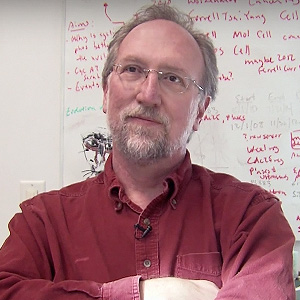
When he is not making music, Jim Ferrell and his lab members investigate the interactions of the multiple proteins that regulate progression through the cell cycle. Ferrell is a Professor in the Department of Chemical and Systems Biology at Stanford School of Medicine. Learn more about Ferrell’s research on his lab page. Continue Reading
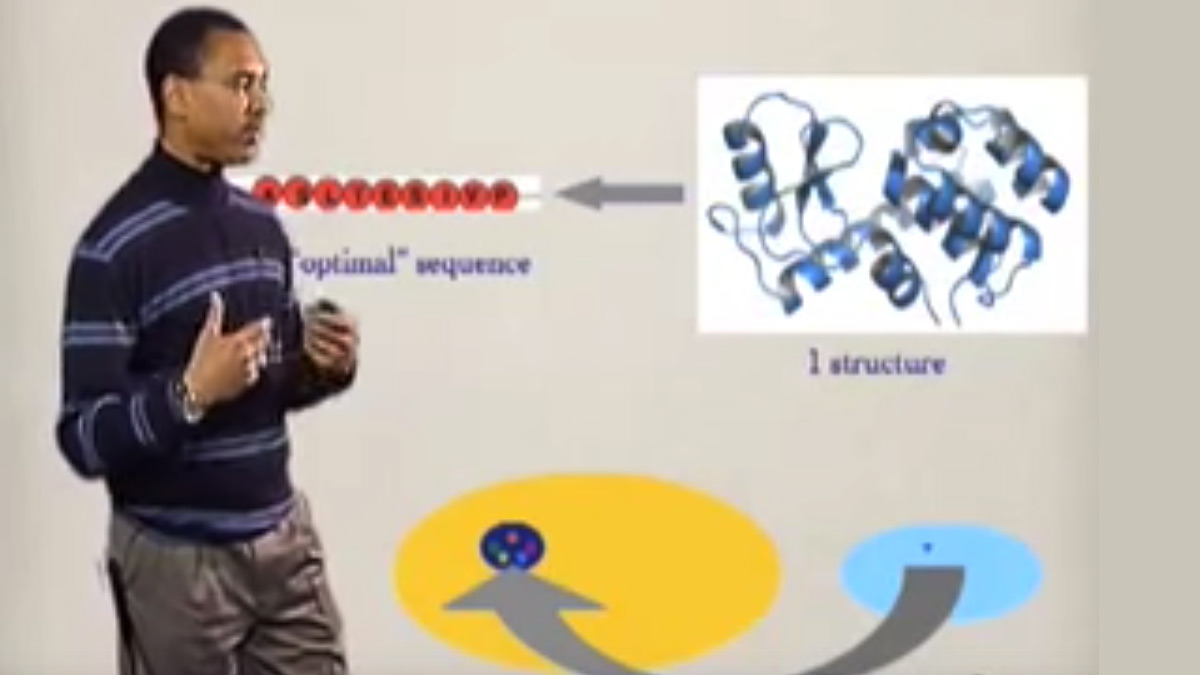
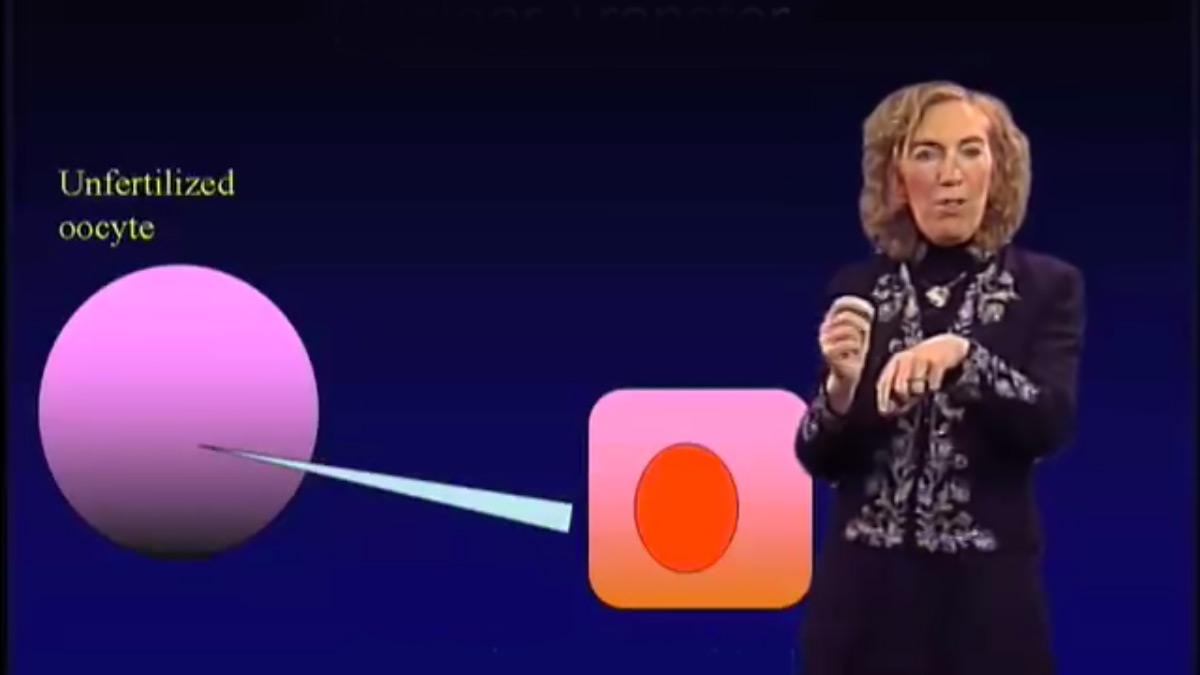
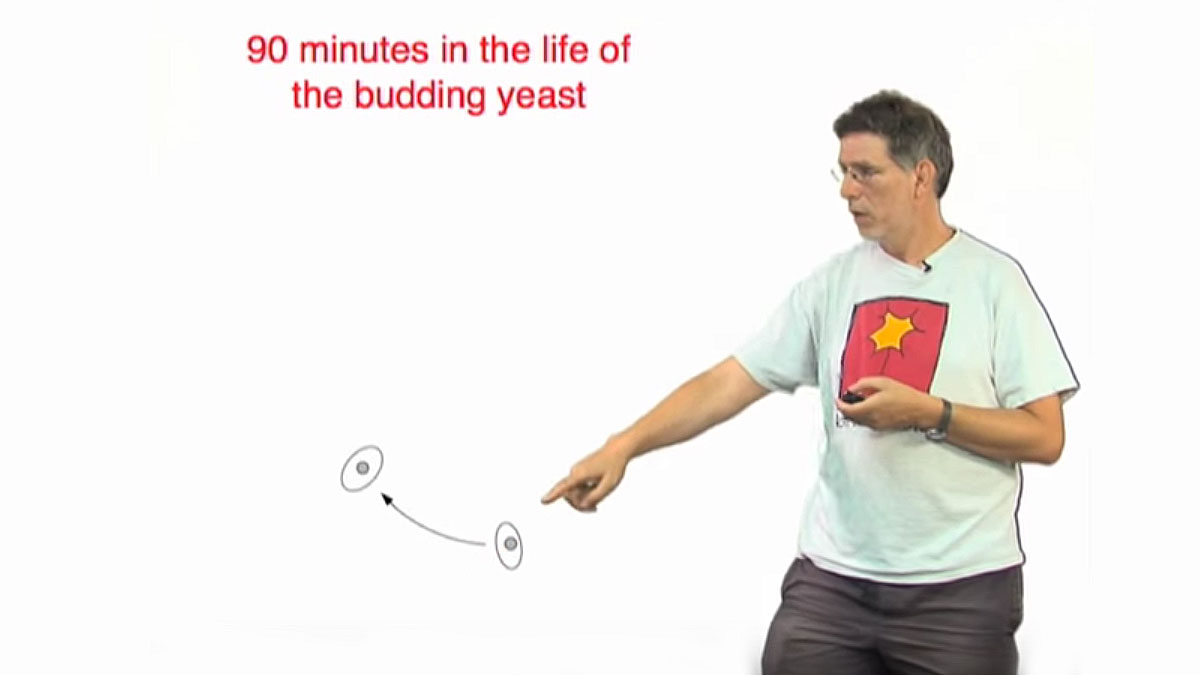
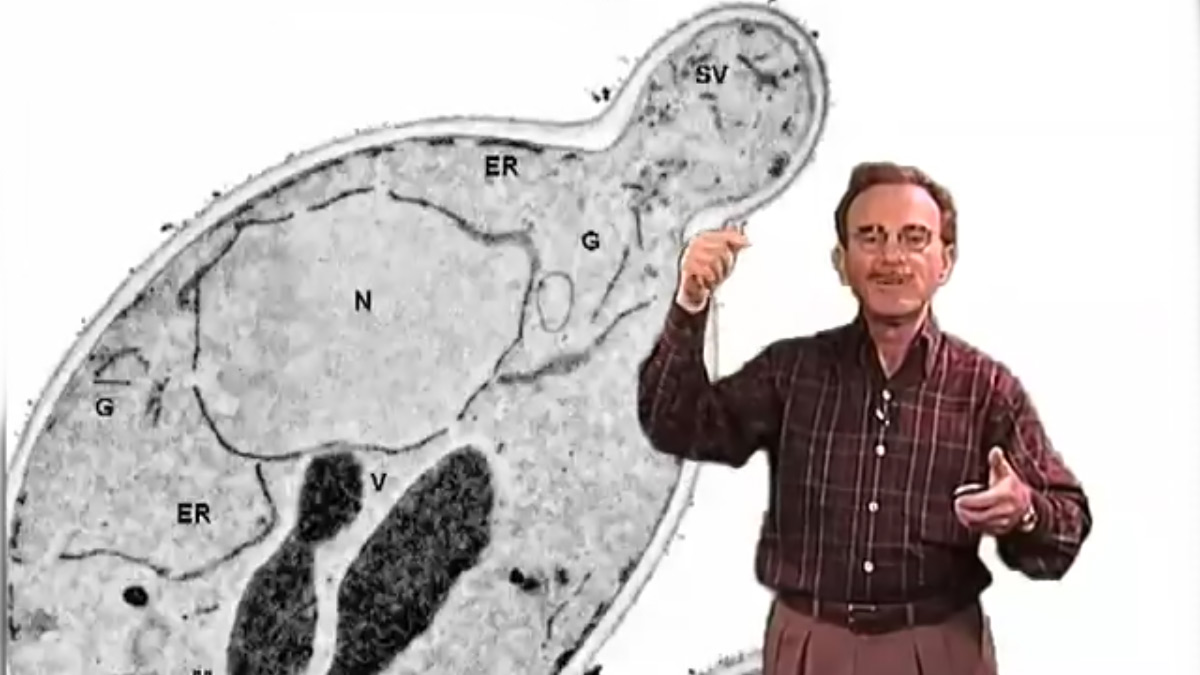





Leave a Reply